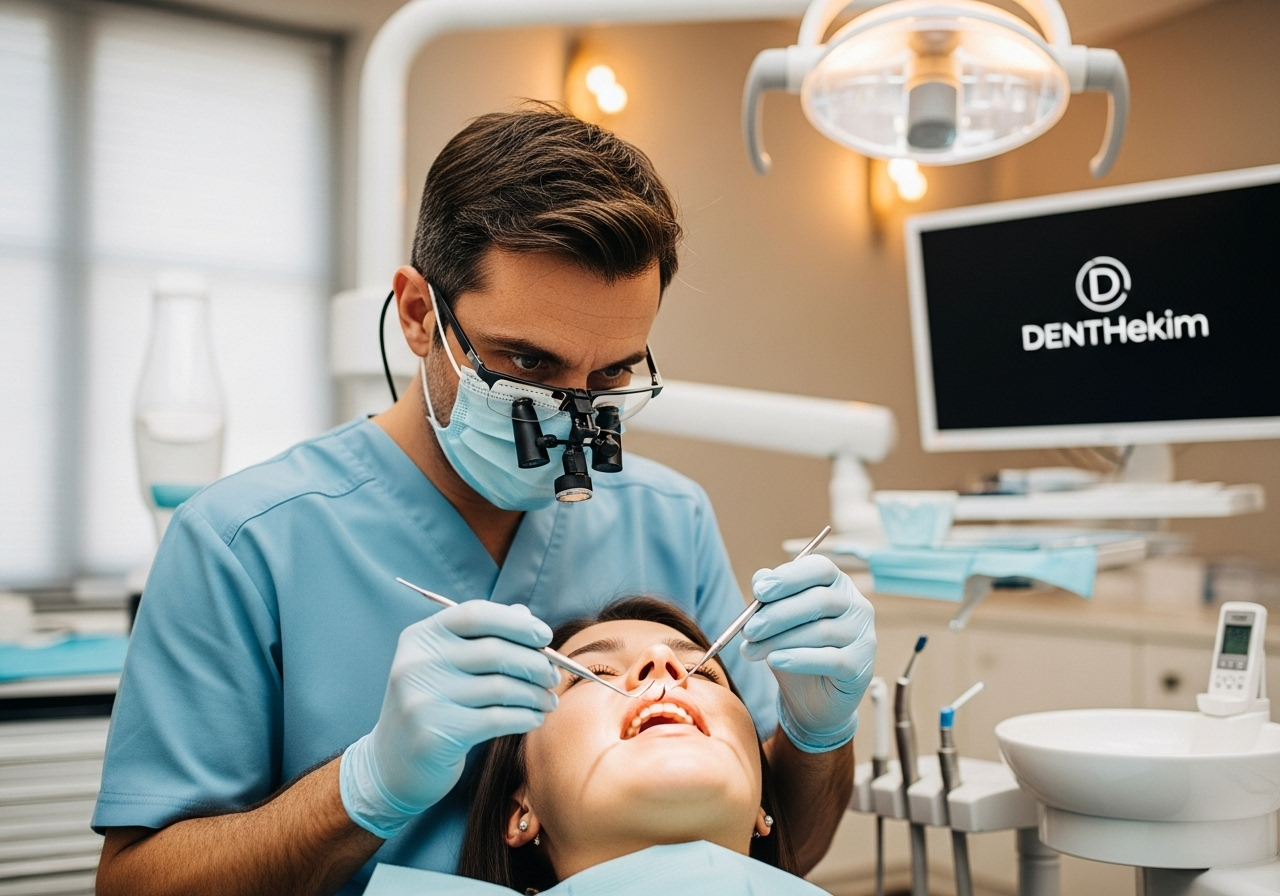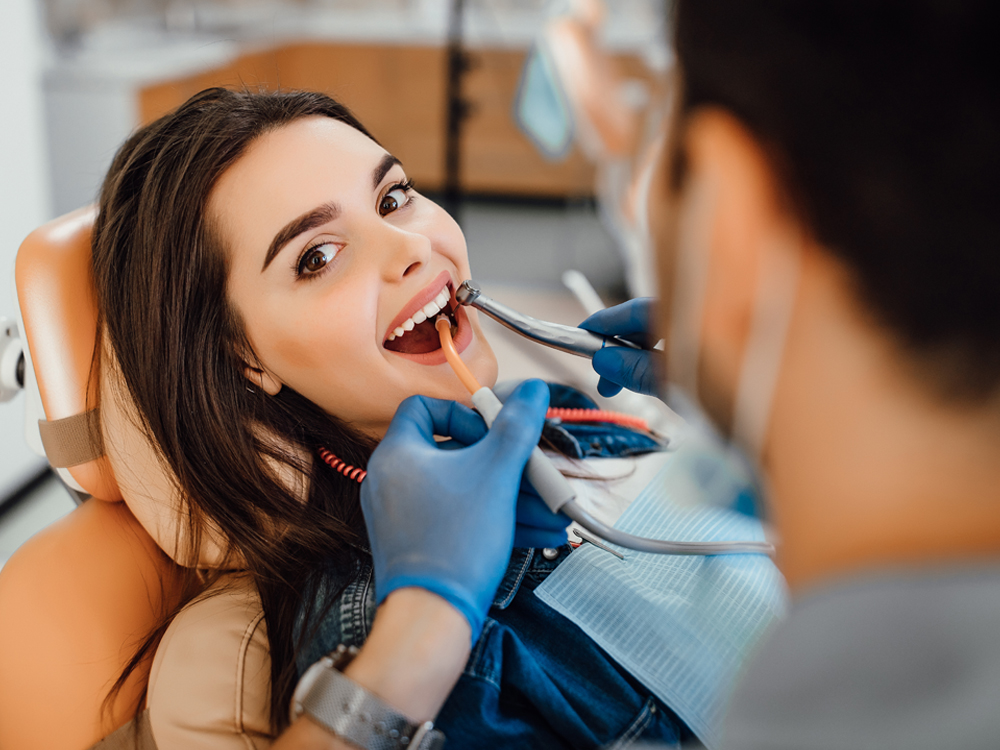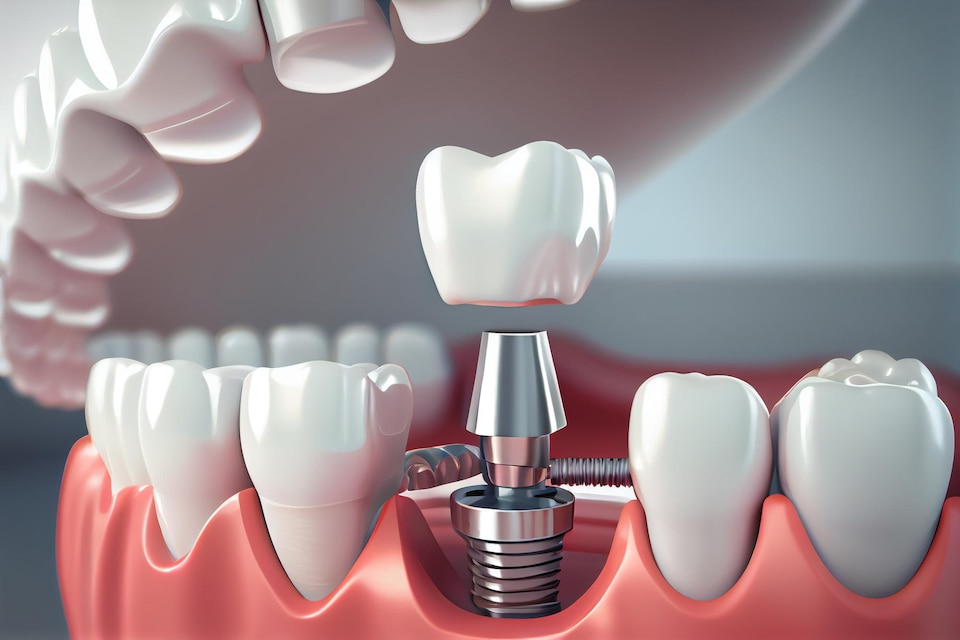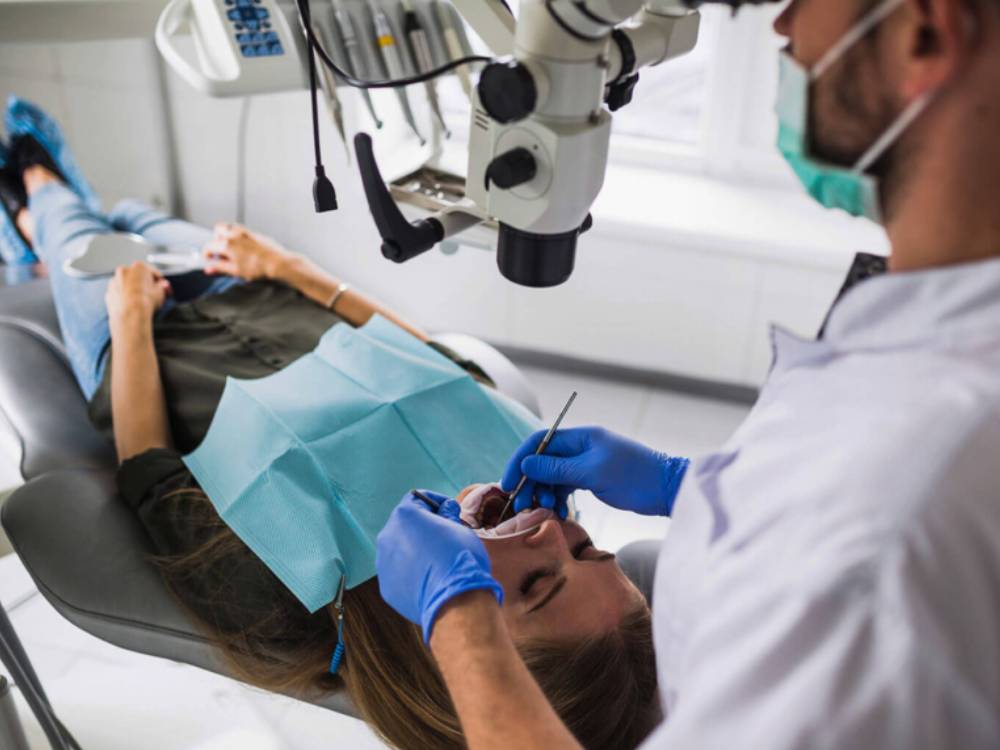Emergency Dentist: Your Guide to 24-Hour Care and Options


Emergency Dentist: How to Find 24-Hour, Same-Day & Walk-In Dental Care Near You
Estimated reading time: 12–14 minutes
Key takeaways
- Act fast: Severe pain, swelling, bleeding, or a knocked-out tooth requires a rapid response and professional triage.
- Care pathways: Choose between a walk-in dentist, a same-day dentist, or a 24-hour dentist based on urgency and time of day.
- Emergency care aims to stabilize you, control infection, relieve pain, and preserve teeth whenever possible.
- International visitors to Turkey can access remote triage, coordinated travel, multilingual support, and virtual follow-ups.
- Keep a simple travel kit: gauze, approved pain relievers, and a small container for dislodged restorations.
- For airway risk, uncontrolled bleeding, or major trauma, go to an ER with dental support immediately.
“In dental emergencies, minutes matter—early stabilization can be the difference between saving and losing a tooth.”
What is an Emergency Dentist?
An emergency dentist treats urgent issues that cannot wait for a routine appointment—severe toothache, broken or chipped teeth, knocked-out or loose permanent teeth, facial swelling, uncontrolled bleeding, and infections that may spread without prompt care. Typical services include reimplanting an avulsed tooth, replacing lost fillings or crowns, extracting non-restorable teeth, drainage of infections, and rapid pain management before definitive treatment.
Professional guidance underscores that these visits prioritize stabilization and complication prevention, with quicker action improving outcomes. See emergency dental care guidance from the ADA, a practical dental emergencies overview, and what typically counts as a dental emergency. In many cases, the chance of saving a knocked-out tooth is highest in the first ~30 minutes.
When to Search for an Emergency Dentist Near Me
Search for emergency dentist near me immediately if you have intense pain disrupting sleep, facial/oral swelling, uncontrolled bleeding, a knocked-out adult tooth, a loosened permanent tooth after trauma, a visible gum abscess, or fever with a dental source. Enter the term in your map app or search engine, then filter by distance, hours, and patient ratings to reduce uncertainty and travel time.
Before heading out, confirm open hours and emergency policies; ask about accepted insurance or international payment methods; and have a concise medical/dental history, current symptoms, allergies, recent procedures, and your insurance/travel coverage handy. For perspective on where to go first, compare emergency dentist vs emergency room, similar guidance from another provider’s ER comparison, and a city example: emergency dentist vs ER in Chicago.
The Advantages of a Walk-In Dentist for Urgent Care
A walk-in dentist accepts patients without appointments—ideal when you need immediate triage. Many clinics extend evening/weekend hours and offer on-demand X-rays, focused exams, and timely interventions like temporary crowns, same-day fillings, or emergency extractions. Trade-offs include variable wait times and potential referrals for complex cases. For travelers, walk-in access helps bridge time-zone, language, and schedule gaps so you can be assessed promptly.
Finding a Same-Day Dentist for Quick Relief
A same-day dentist guarantees an appointment window today, often reducing the time you spend in pain compared with an unreserved walk-in queue. Book via online portals or phone—request a “same-day” or “emergency” slot and describe your symptoms for proper triage. Expect targeted pain control, temporary restorations to shield exposed tooth structures, emergency extractions when indicated, and infection management with a clear follow-up plan. Clarify insurance benefits and costs in advance; if self-paying, request transparent estimates and any available flexible plans.
Accessing a 24-Hour Dentist for Late-Night Emergencies
24-hour dental services cover severe after-hours issues—uncontrolled bleeding, dental injuries affecting breathing, or infections with systemic signs. Start by calling a hospital with dental coverage, an urgent care center with dental services, or a private clinic advertising round-the-clock availability. Be ready for triage questions about pain severity, bleeding, fever, airway/swallowing concerns, and any trauma details. See what commonly qualifies as an emergency. Interim instructions (e.g., placing a knocked-out tooth in milk) may apply until you arrive.

The International Patient Journey to Turkey for Emergency Dental Care
If you’re visiting from abroad, your pathway often begins with a rapid remote consult. Coordinators collect a brief history, photos, and any X-rays; then an emergency dentist prioritizes next steps—pain protocols, antibiotics when indicated, and guidance on the safest window to travel. Together, you’ll decide whether walk-in, same-day, or 24-hour access best fits your situation. The goal is fast stabilization and safe logistics—no medical guarantees, just clear triage.
Travel planning includes entry requirements, visa timing, and clinic letters if your airline or insurer needs medical-necessity documentation. When feasible, align a same-day slot with landing time to shorten discomfort; obtain contact details for nearby hospital dental coverage if delays push you into the night. Airport transfers, hotel proximity, and multilingual support streamline your arrival.
During your visit, the emergency dentist stabilizes and outlines definitive options—root canal therapy, replacement restorations, or surgical strategies—either during your stay or staged after return home. For short trips, many choose a phased plan: immediate pain/infection control; short-term temporization safe for flights; and a documented handover to your home dentist, followed by remote video check-ins.
Risks, Contraindications, and Alternatives
Emergency procedures carry risks that depend on your health status and the problem at hand. Your dentist will consider allergies to anesthetics/antibiotics, bleeding disorders or anticoagulants, pregnancy, uncontrolled hypertension, or recent cardiac events when planning treatment. Alternatives may include temporization, conservative anesthesia with drainage, or staged care after pain/infection control. If you have airway compromise, rapidly spreading swelling, severe trauma, or uncontrolled bleeding, seek ER care with dental/OMFS support immediately.
Recovery and Aftercare, Including Remote Follow-Up
After urgent treatment, you’ll receive tailored instructions: soft diet, mouth rinses, medication timing across time zones, and when to resume brushing/flossing. If you’re leaving Turkey soon, virtual check-ins monitor pain/swelling and tolerance to medications; imaging and notes are shared with your home provider. For temporary crowns/dressings, schedule a remote review to confirm fit/function and plan definitive work locally. Keep a mini kit: gauze, approved OTC pain relievers, a small container for dislodged parts, and local emergency contacts.
Cost Factors and What’s Included (No Exact Prices)
Costs vary by urgency, complexity, materials, imaging, specialist involvement, and after-hours timing. Turkey’s fees are often competitive versus many Western markets. Estimates typically include triage, exam, necessary X-rays, immediate pain control, and the urgent procedure; definitive restorations may be budgeted separately. International travelers should also consider remote consult fees, translation/concierge services if needed, and transfers. Confirm insurance emergency benefits and documentation required for reimbursement.
Conclusion and Next Steps
Emergencies don’t follow schedules. An emergency dentist provides rapid stabilization, pain relief, and infection control—locally or while you’re visiting Turkey. Save time by bookmarking nearby clinics, storing a same-day and a 24-hour number, and keeping a travel kit. If you’re in crisis now, don’t wait—search “emergency dentist near me” or call your local 24-hour provider for immediate triage and treatment. Planning urgent care in Turkey? Our international team can align travel, translation, and follow-up—book your appointment today.
FAQ
How do I know if I truly need an emergency dentist or if I can wait?
If you have severe pain, swelling, uncontrolled bleeding, a knocked-out/loosened permanent tooth, a visible abscess, or fever with a dental source, you likely need urgent care now. Early assessment lowers infection risks and improves tooth-salvage odds. If traveling, search “emergency dentist near me” and choose walk-in, same-day, or 24-hour based on time of day. With airway or bleeding danger, go directly to an ER.
What should I bring for an urgent, same-day visit in Turkey?
Bring passport, insurance/travel coverage details, medication/allergy list, and any accessible records/X-rays. Prepare a concise symptom timeline, triggers (e.g., pressure changes), and what helps/hurts. Bring appliances or dislodged crowns/fillings in a clean container. Confirm accepted cards/currencies. Calling ahead for a same-day slot reduces waiting; sharing your flight itinerary helps coordinate transfers and discharge timing.
Is it better to visit a walk-in dentist or schedule a same-day appointment?
Both target fast relief. Walk-in access is flexible but wait times vary; same-day booking offers a guaranteed window and lets the team prep X-rays/materials. If your situation worsens after hours, pivot to a 24-hour clinic or hospital dental service. Choose based on urgency and your ability to commit to an arrival time.
What if my tooth is knocked out at the airport?
Handle by the crown only, gently rinse if dirty (no scrubbing), and reinsert if possible; otherwise store in milk/tooth-preservation solution and head to the closest emergency dentist immediately. Time is critical—alert a clinic en route. If you can’t secure a same-day slot, seek a 24-hour clinic or a hospital unit with dental coverage.
Can an emergency dentist manage pain if I’m allergic to certain meds?
Yes. Teams can select safe local anesthetics and analgesics based on your allergy profile and medications, and choose alternative antibiotics when indicated. Communicate allergies clearly when booking and upon arrival; consider carrying a translated allergy card for international travel.









